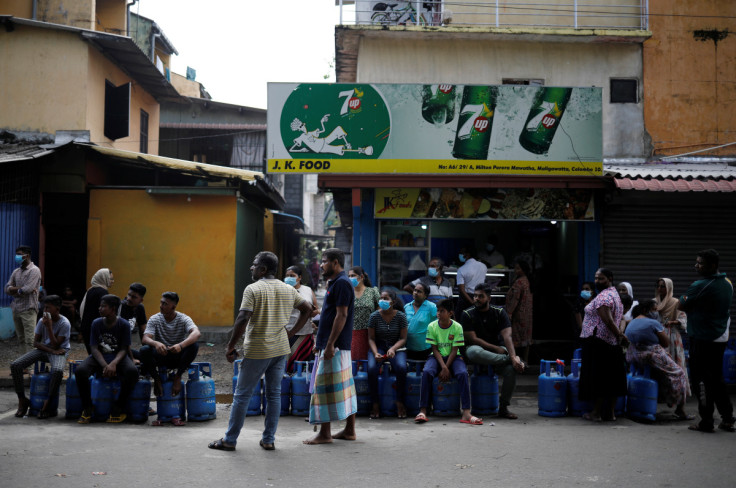Sri Lanka Ready To Engage With All Creditors After IMF Deal - Minister

Sri Lanka is ready to engage in debt restructuring talks with bilateral and private creditors to recover debt sustainability as "soon as possible", state finance minister Shehan Semasinghe said on Tuesday.
Sri Lanka this week secured a $2.9 billion programme from the International Monetary Fund to tackle its suffocating debt burden and its worst economic crisis in more than seven decades, which has disrupted imports of essentials from fuel to medicine and caused political turmoil.
"The central bank will start engaging officially," the minister told Reuters, after the IMF gave its final approval to the bailout, allowing much-needed disbursements and unlocking additional financing from multilateral lenders.
"We want these (talks) finalised as soon as possible."
"From today onwards, we will move forward to engage more with our creditors and to finalise the restructuring process," he added.
The minister did not directly reply when Reuters asked if the country would engage in parallel negotiations with both bilateral creditors - such as China, India, and Paris Club nations - and overseas bondholders, in order to speed up talks.
The IMF deal is a key step as the country aims to rework a substantial part of its $84 billion worth of public debt.
In its programme published this week the fund specified that Sri Lanka's authorities are "weighing different options" on how to treat local currency debt under local law.
However, asked on the parameters of a domestic debt overhaul, Semasinghe said it was "too premature to comment on it" as a final decision on whether such a restructuring would take place had not been taken.
Local currency debt is equivalent to almost $38 billion or 45% of public debt and well above the $11.5 billion Colombo owes to official creditors and $13.3 billion to private bondholders.
Semasinghe also added that "it's not on the table right now" to request additional financing from the IMF through the food shock window or the Resilience and Sustainability Trust (RST).
NEW INVESTMENT
The IMF expects the economy to contract 3% in 2023 and expand 1.5% next year, with growth accelerating to 3% by the end of the programme in 2026. Inflation, which stood at 57.2% at the end of 2022, will fall to 5.2% in 2026, the country's programme with the IMF says. The government is set to eliminate energy subsidies this year, the programme added.
Speaking about the prospect of attracting additional financing on the back of the IMF programme, the minister said the government was now looking for new investments.
"We had a reasonable amount of inquires coming in but due to the programme not being unlocked, we weren't able to move further," he said, without providing any further details.
The government will launch a new department focused on external trade and investments and improve coordination of different government agencies.
"We want to create a more investor friendly environment," he said.
The World Bank has ranked the country 99 out of 190 on its ease of doing business rating.
Semasinghe, second in charge at the Finance Ministry after the president, who holds the post of finance minister, also said the government would ramp up tax collection through digitalisation, though had no plans to add levies.
Tax receipts have been a struggle for the country, with revenue collection amounting to just 8.4% of GDP in 2022 - one of the lowest in the world, according to the IMF. The government has raised value added taxes and corporate income tax, while slashing the relief given to individual taxpayers.
"Everybody who is liable to pay taxes will pay taxes," said Semasinghe.
© Copyright Thomson Reuters 2024. All rights reserved.





















